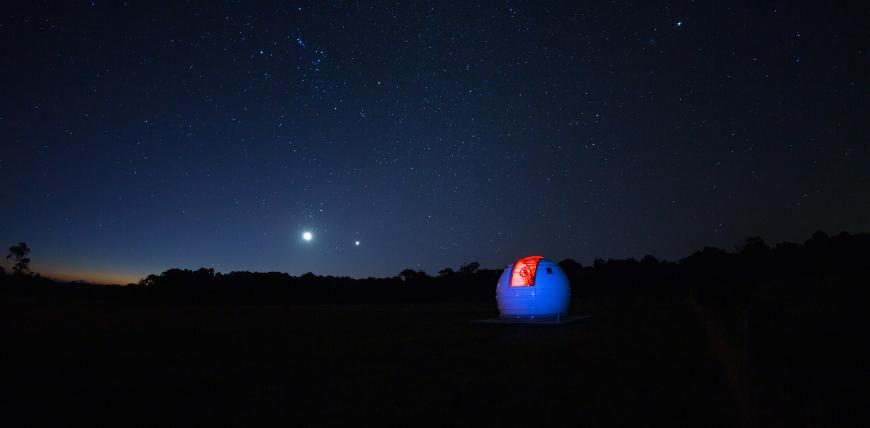
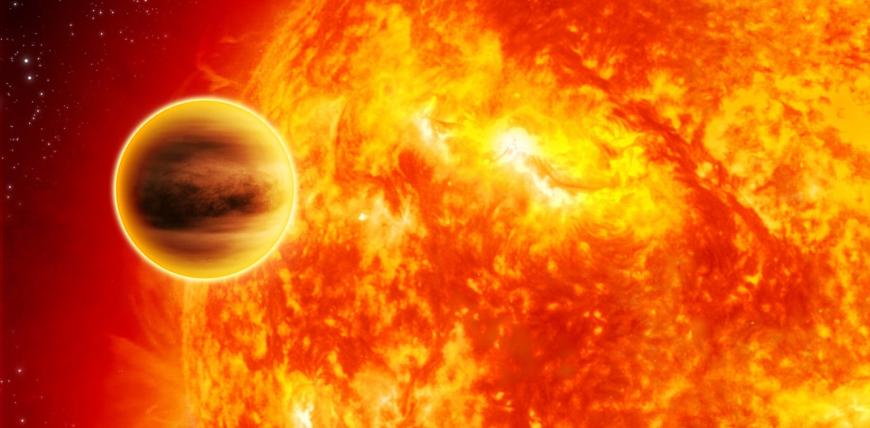
Exoplanets and Stellar Physics
Detecting, characterising and modelling exoplanets and their host stars
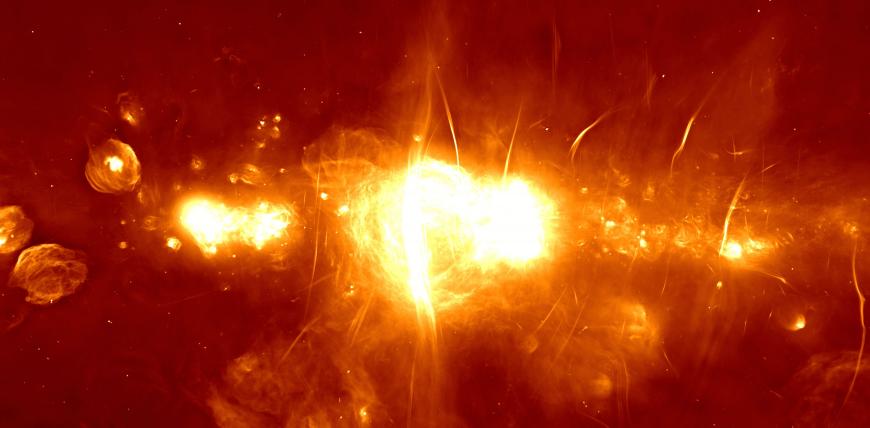
Hintze Centre for Astrophysical Surveys
Addressing the major problems of modern physics/astrophysics by augmenting our participation in the major international surveys that are designed to address them.
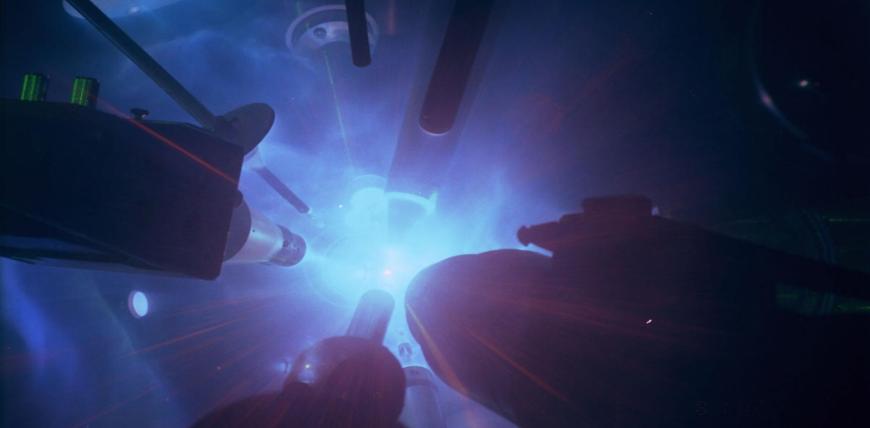
Laboratory astroparticle physics
cosmic magnetic fields, turbulence, quantum plasmas, fusion energy, quantum gravity
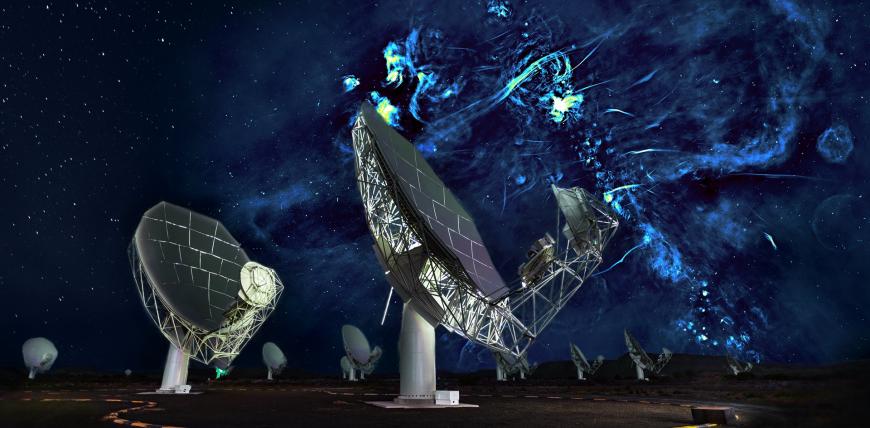
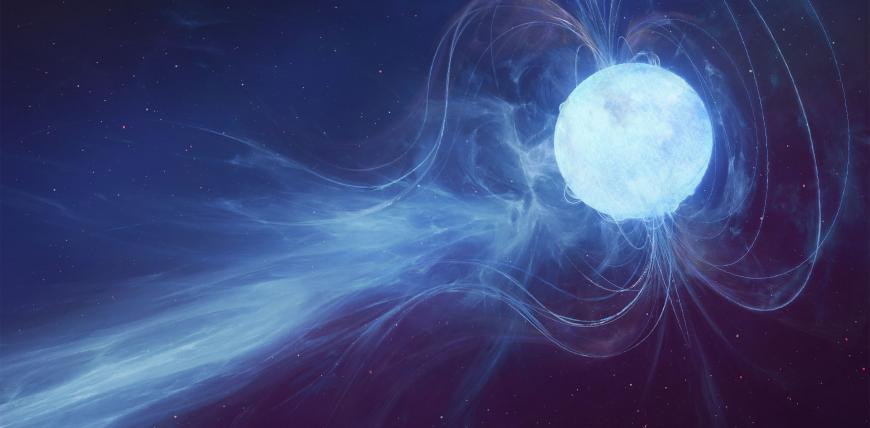
Pulsars, transients and relativistic astrophysics
The extreme astrophysics of neutron stars and black holes
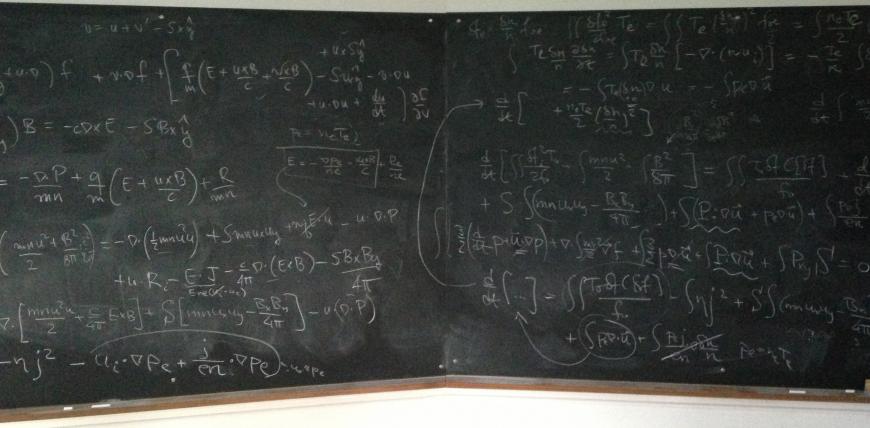
Theoretical astrophysics and plasma physics at RPC
Theoretical astrophysics and plasma physics at RPC (including galactic and planetary dynamics, plasma astrophysics, and plasma theory for magnetic confinement fusion, all united by common interest in kinetic theory and nonlinear dynamics)
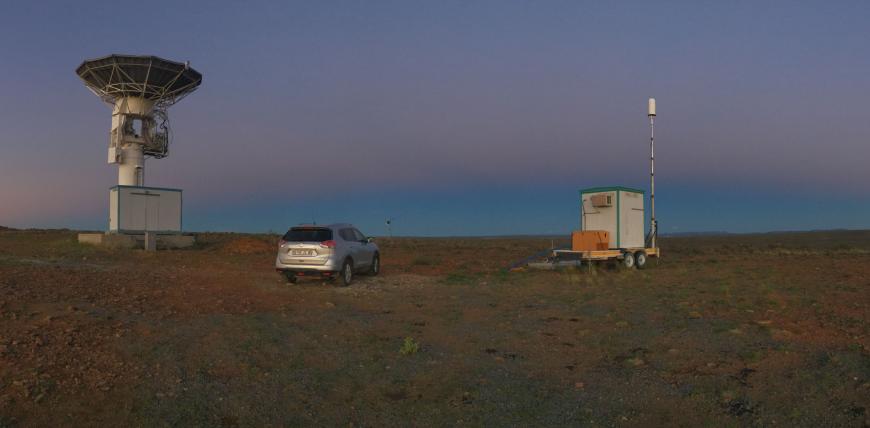
Experimental radio cosmology
Development and science exploitation of new techniques and instruments at cm and radio wavelengths.

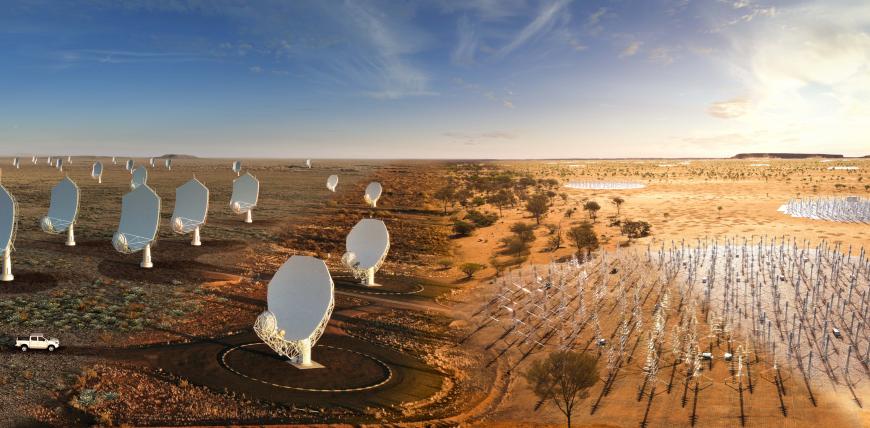
The Square Kilometre Array (SKA)
Oxford involvement in the Square Kilometre Array Project
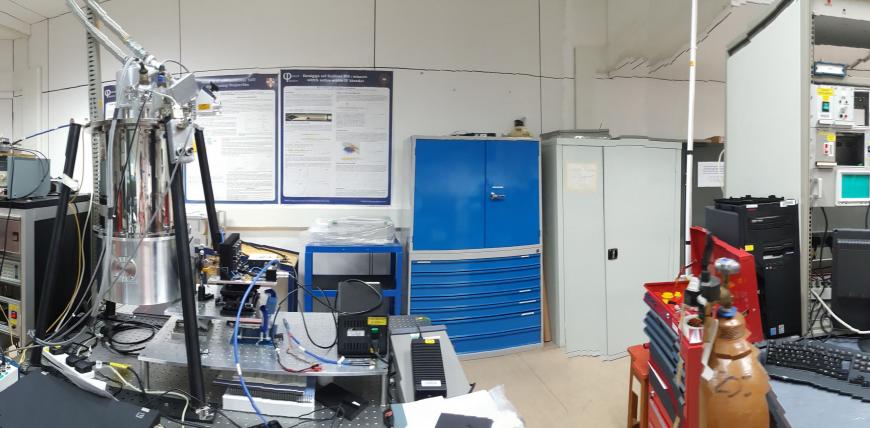
Superconducting quantum detectors
Our research is primarily aimed at the development of ultra-sensitive cryogenic superconducting quantum devices for astronomy, quantum computation platform and fundamental physics experiments.
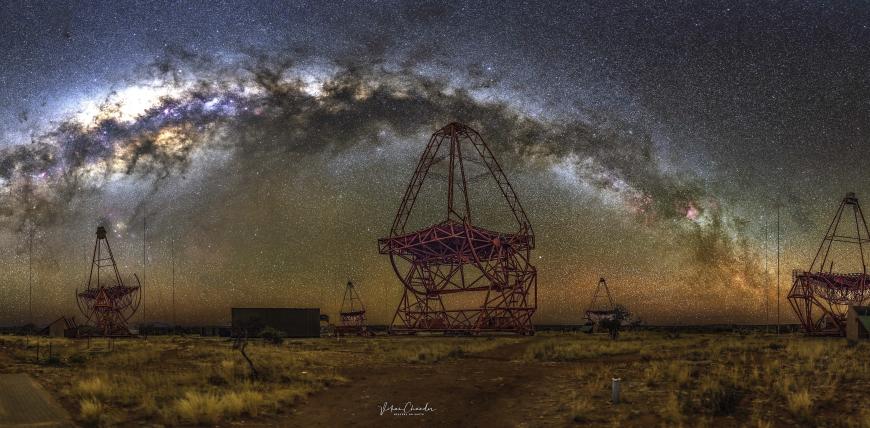
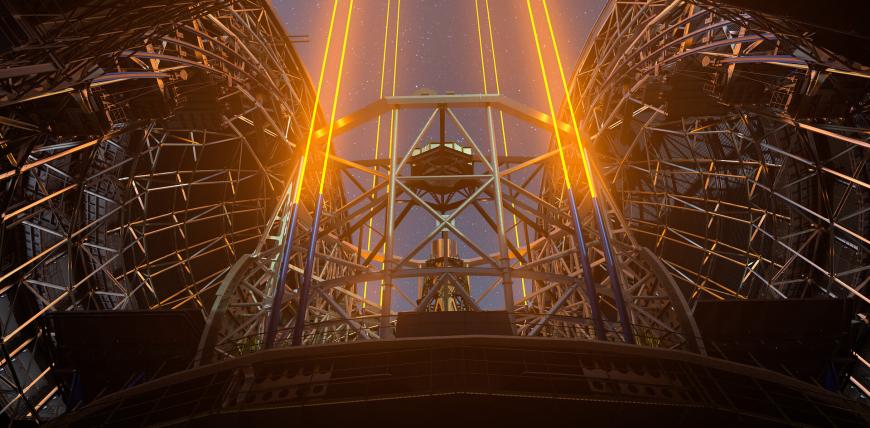
Extremely Large Telescope
Information on the Oxford involvement in the Extremely Large Telescope Project
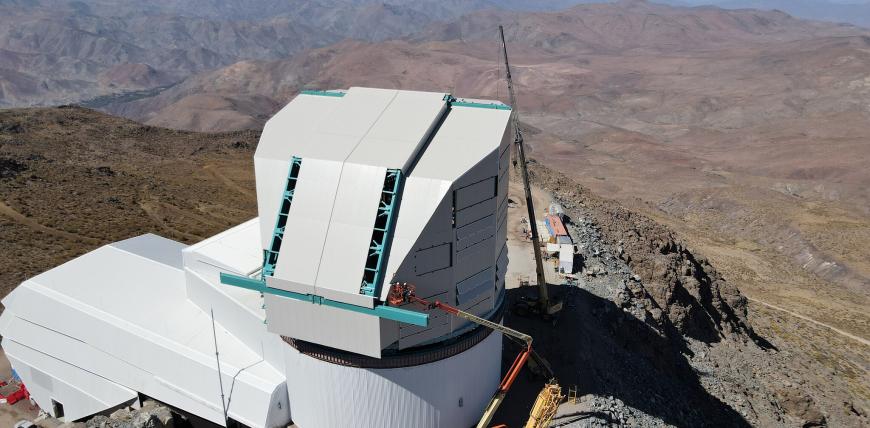
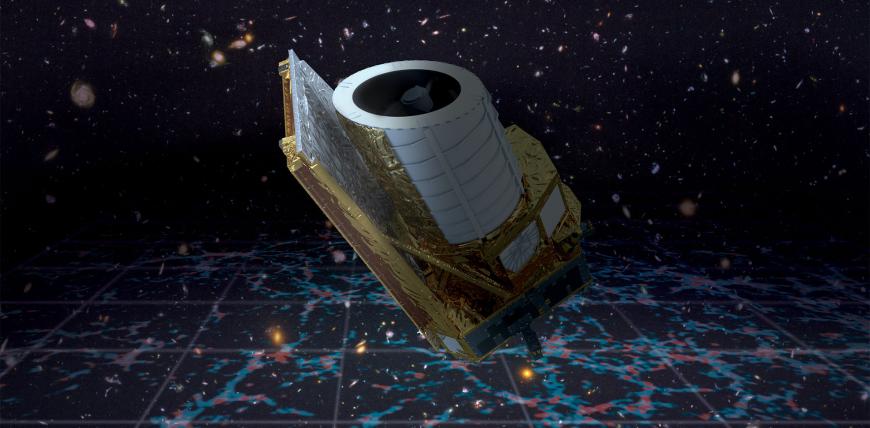
Euclid
The European Space Agency's (ESA) Euclid flagship Dark Energy Satellite Mission launched from Cape Canaveral on 1 July 2023; Oxford's Department of Physics plays a key role in the lensing data analysis and has been involved since its inception.
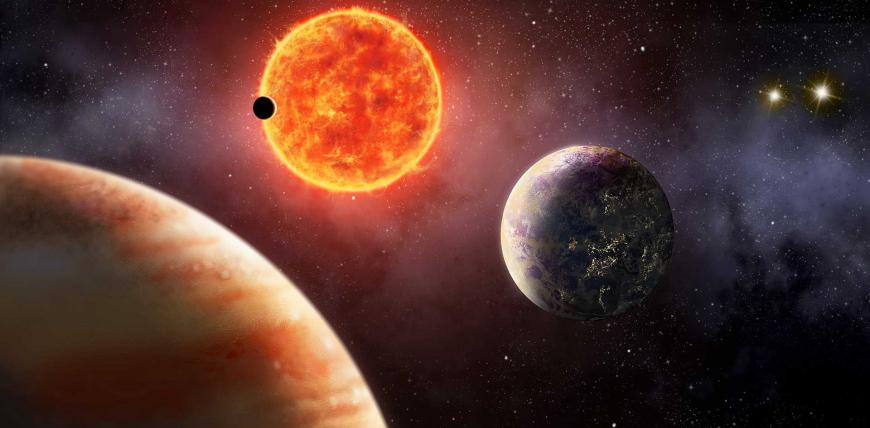
Breakthrough Listen
Breakthrough Listen represents humanity's most significant effort to date to quantify the distribution of advanced life in the Universe, using the world's largest and most advanced radio telescopes to search for signatures of technology.
